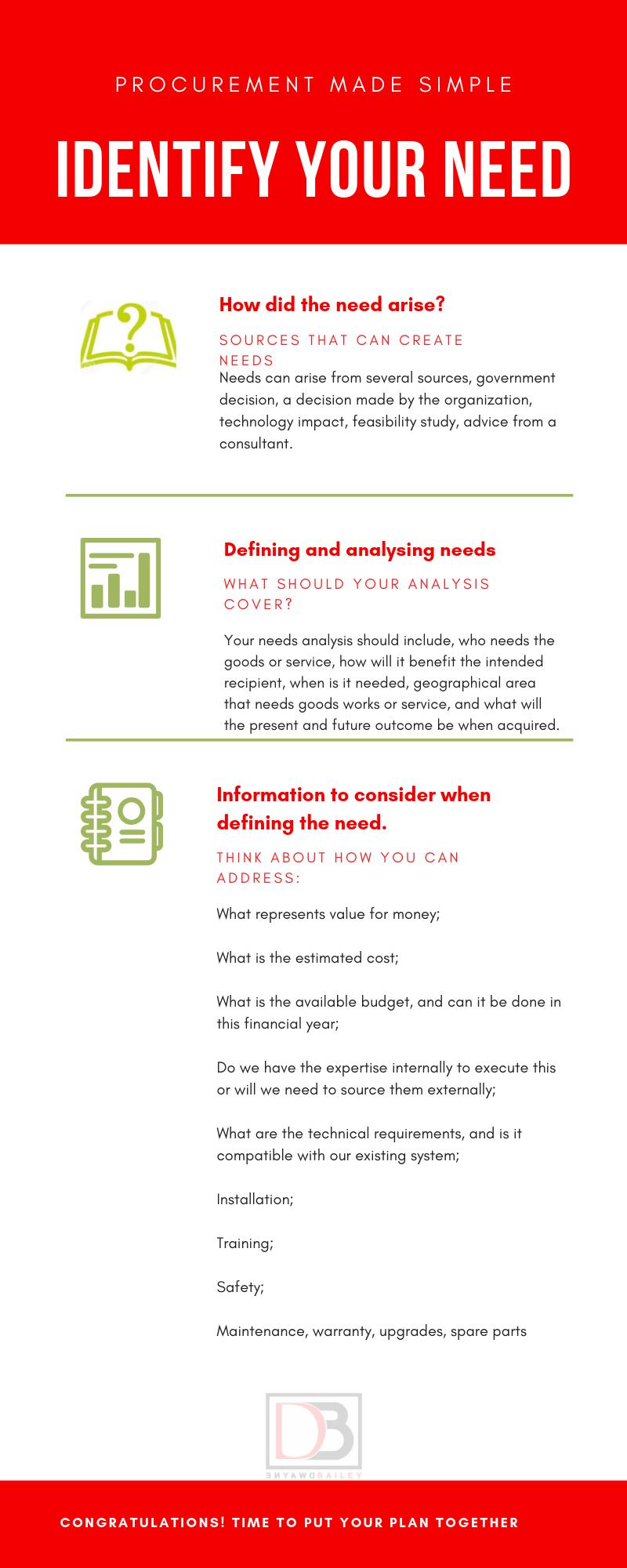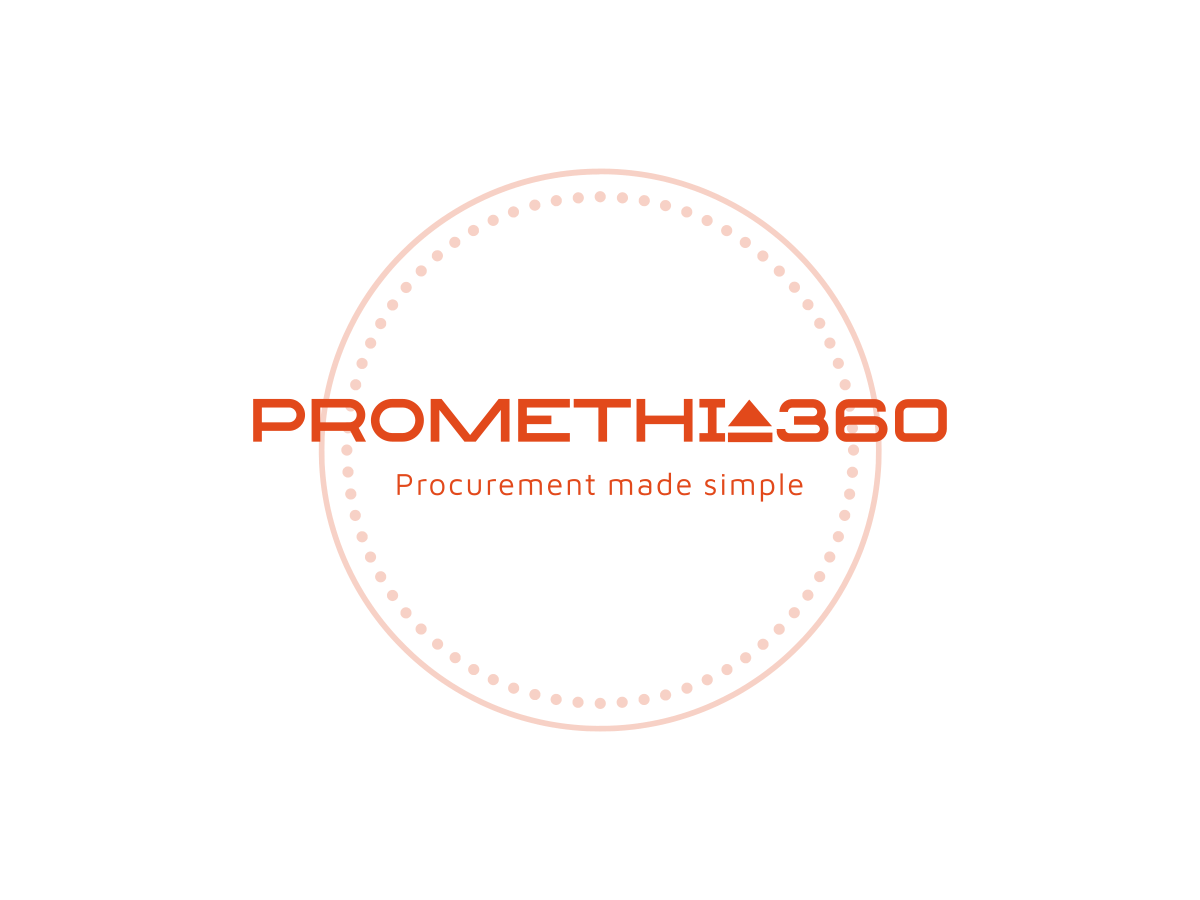BLOG
Our Lastest Blog Post
No Results Found
The page you requested could not be found. Try refining your search, or use the navigation above to locate the post.
To provide procurement personnel with an avenue to express themselves, and share content on critical matters that affects them procurement experts in the Caribbean, we are ever looking to improve the way in which we engage you and educate the masses about the profession we are most passionate about.

HOW DOES YOUR COMPANY IDENTIFY ITS’ NEEDS?
The first step and the most overlooked step in Public procurement is identifying your need. Most public entities believe that this is simply putting it on a plan “Procurement Plan” or an end-user requires it and that is the total decision behind identifying the need.
This phenomenon also exist in the Private Sector, where the rules are a little more relaxed and more aligned to the bottom-line. If it adds to the bottom line now then we can justify it.
Procurement is changing and has changed here in Jamaica, though we have far to go, we are on the right path to allow Procurement to help make better business decisions in the public and private sectors.
The matter of identifying your need is even more important now than ever. Spending the time in this first stage could safe your company millions later.
A simple explanation of your need is the difference between your current state and a desired future state, the Gap is the need to be assessed. Depending on your organization there are several ways to approach this, here is a four step guide to help you along the way:
Step 1: Define the problem
Draw up a document answering these questions:
What is the problem? –give broad or narrow definition and do not compound the problem with the solution.
Who experiences the problem? -Identify the end user faced with the problem
Who are the stakeholders? -Which parties are involved in solving the problem? Are they directly or indirectly involved?
What is the size of the problem? -Describe the importance of a solution to the problem and the reasons behind it.
What are the characteristics of the solution? -Don’t identify the solution as yet but do specify the characteristics of any solution.
What are the preconditions to implementation? –Identify the risks, Is your institution set up to deal with the required solution?
Where do the opportunities lie? -Are there opportunities for combining a solution to this problem with another project?
Step 2: Discuss the problem
Test the questions and answers from step 1 within a larger group of relevant parties
consult various parties, including:
Technical Experts
Category Managers (Procurement Specialist)
Representative body of users and users of the desired solution
Step 3: Define the problem more precisely
Use the input of the various parties to add to the questions and answers from step 1. New questions may be raised.
After several repeated cycles, you can conclude that you have processed all the points of view. By describing the problem in detail, you enable the market to come up with exactly the right solutions.
Step 4: Discuss the need assessment with your procurement and management team
Integrate needs assessment results into activity monitoring and evaluation plans.
Spend the time to gather your data do the analysis and you will ensure you are applying the most appropriate solution to the need you have identified, with the changes taking place in Public Procurement, it provides opportunities for all concerned to move to the next level of development, play your part start the process right by identifying the need and the best solution to filling the need.

